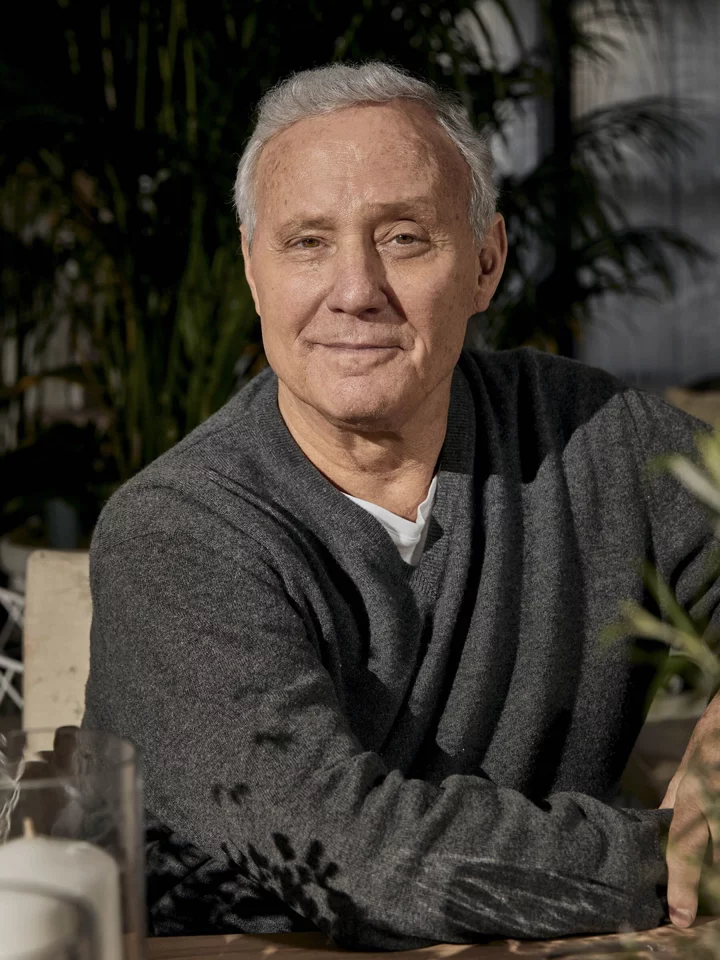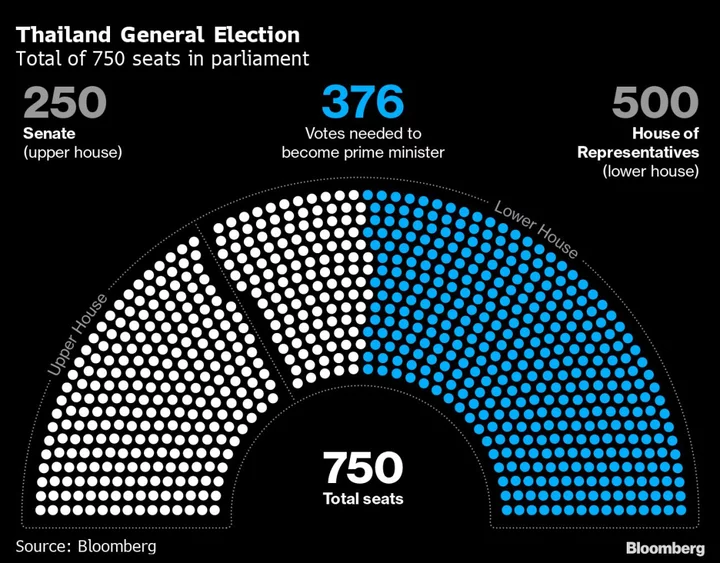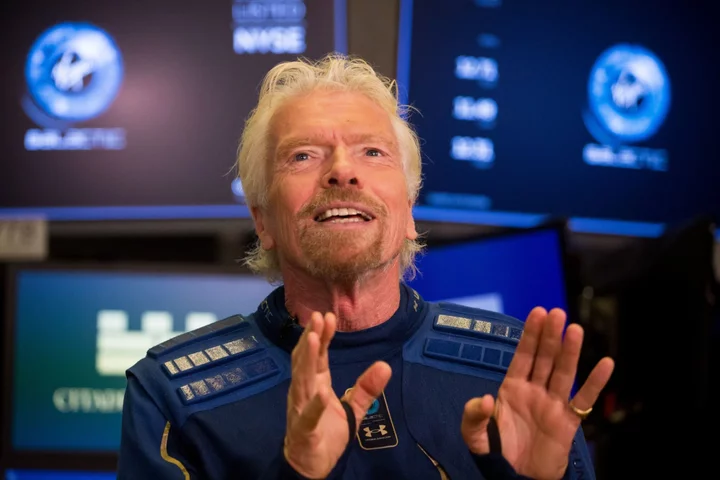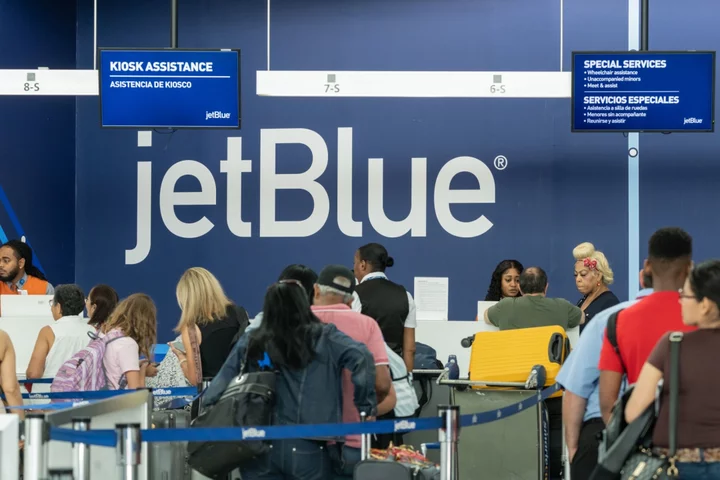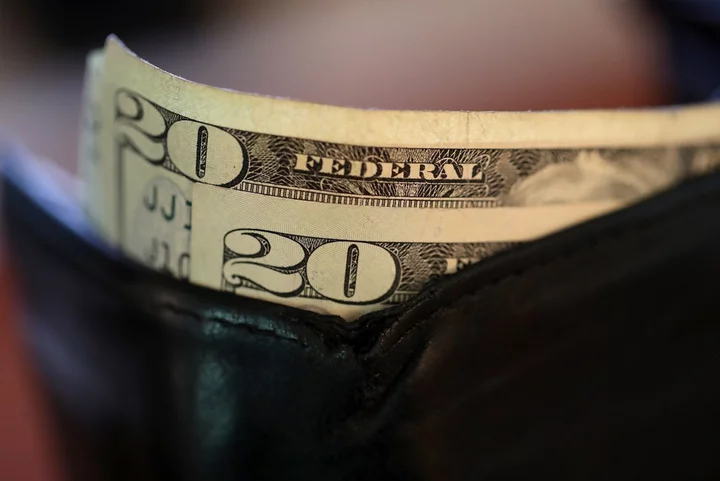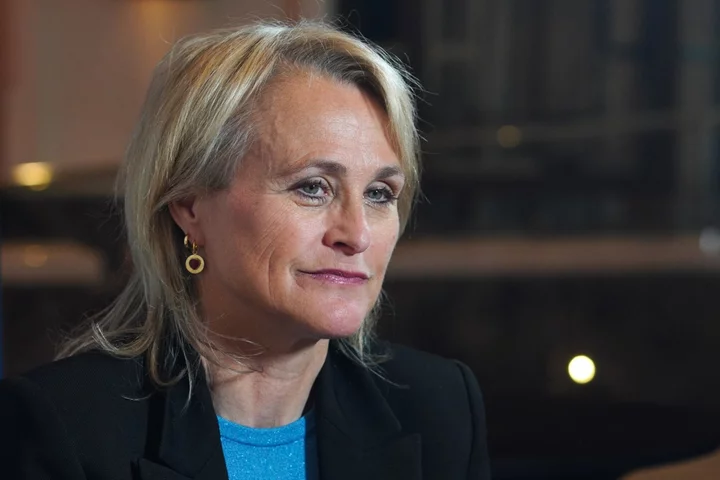Ian Schrager’s breakup with Marriott International Inc., by all accounts, has been a slow and gentle adieu.
The hotelier—best known for co-creating New York’s legendary Studio 54—announced in April 2022 that he’d be parting ways with the hospitality behemoth, with which he’s been building Edition hotels since the company announced the brand 15 years ago. But a year after declaring his intention to depart, he’s finally talking about what comes next.
In an exclusive interview with Bloomberg Pursuits, Schrager says he’s still on the hook for seven more Editions. Then it’s time to focus on the “most important idea” he’s ever had—his words—by expanding his Public hotel, on Manhattan’s Lower East Side, into the next great hotel brand (and a more affordable competitor to the Edition).
“I think we’ve changed, and luxury has a new and different meaning today,” he explains, speaking over Zoom from his home in New York. “Luxury right now is having freedom—freedom from hassles to make everything easy, freedom of time, freedom to devote your personal time to the things that matter to you.”
That might sound intuitive—but Schrager’s approach to making Public a luxury brand is not. The premise, he says, is to embrace the current climate for labor-light operations (meaning: fewer staff), to deliver a high-design product for the same price as a select-service hotel (meaning: fewer amenities). The look and feel of the place—and the magnetism of a more diverse crowd, drawn in by prices 30% to 40% lower than other lifestyle hotels in the same destinations—will more than compensate for the lack of services such as bellmen or concierges, Schrager says. In other words, his new definition of luxury is lower prices, fewer amenities, bold design and a very cool crowd.
“We don’t want to overwhelm our guests with gratuitous white-glove services that are over two or three-hundred years old,” he says. “And the reason I think Studio 54 was so successful is because people felt absolutely free when they were there,” he adds, pointing to the way celebrities mixed right in with locals of all ages and backgrounds at the fabled disco.
Schrager’s goal is not to fit into an existing category, but to create a new one. “How would you categorize the iPhone?” he asks, referring not to the 14th-generation product on shelves now but the original trailblazer. “What makes buying an Apple phone so desirable to people of all energies, all demographics?” It broke the mold, he contends, with brilliant design and utility.
That’s how he sees Public. “Coming up with a hotel that has the heart of a less expensive select-service hotel but the soul of luxury hotel and the sophistication of a lifestyle hotel is a new genre,” he asserts.
He sees it as the future of the business, too: Luxury hotels cash in on profit margins as thin as 8%, but select-service hotels can take home as much as 50%, Schrager says. Public lets him reap the fiscal benefits of a select-service hotel while making his guests feel like they’re in something more luxurious. Unlike Marriott, which franchises its brands and offers management support, Schrager owns and operates his hotels; margins are his obsession.
Schrager plans to build 10 Publics in the next five years—or many more, if he can find a company willing to sell off and convert many of its existing locations. (Imagine Ace Hotels suddenly decided to throw in the towel and let Schrager rebrand its entire portfolio.) The goal will be to prioritize urban centers and places where urbanites go; but just as Edition found great success in Bodrum, an ultra-chic slice of the Turkish Riviera, Schrager says Public could exist as a resort as well.
Up first is Public West Hollywood, a conversion of a former Standard Hotel on Sunset Boulevard; it’s set to open toward the end of 2024. Numerous other locations are in the pipeline, but all are as yet unconfirmed. If the current deals under discussion are locked in, they’ll include an outpost in Brooklyn, a ski resort and a new kind of family camp in the Catskill Mountains.
Given the vast range in destinations, the hotels’ designs would always be individual. Schrager doesn’t plan to cut and paste the neon-red escalator bank that’s so emblematic of his inaugural location in Soho—despite the powerful branding that’s come with Edition’s signature white spiral staircases. (You know you’re in an Edition when …) One commonality may be size: Schrager is targeting 175 to 225 rooms as the sweet spot. “They all have to be unique, distinctive, the real deal,” he says. These words are often meaningless coming from big brands, but they’ve consistently defined each of Schrager’s intangibly cool projects, be it the Gramercy Park Hotel or the Delano or Morgan’s.
But just as the iPhone did, Public has already seen a rise in cost. When the flagship hotel opened in 2017, the promise was that rates would start at $150 per night; now it’s seemingly impossible to find a room under $320, even in the lowest-demand periods. More often, rates are in the $400 to $600 range. It’s still relatively inexpensive for New York, but not the bargain value the original premise maintained.
Schrager says the point is to make luxury accessible for everybody. Time will tell whether a hotel can be accessible, profitable and luxurious all at the same time.

